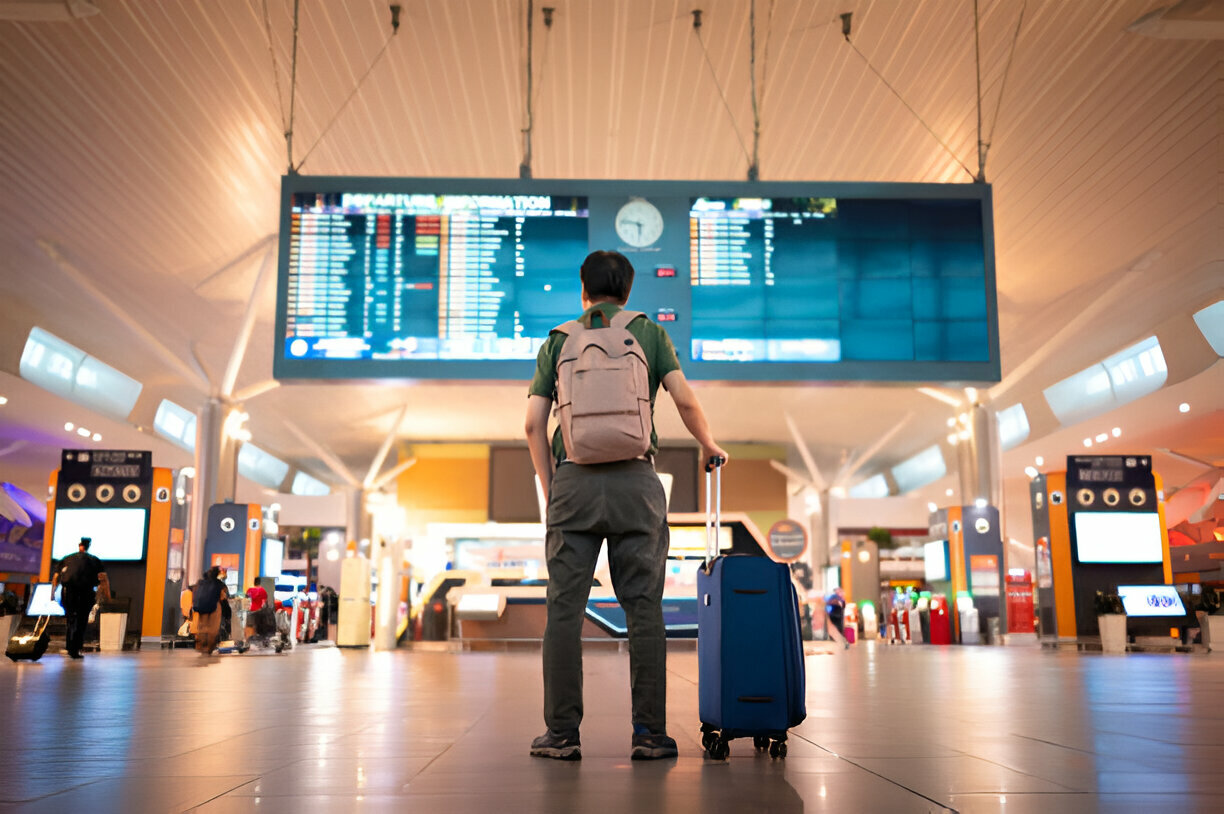Research Costs: Look for destinations where your currency goes further. Countries with a lower cost of living can offer more value for your money.
Local Gems: Consider exploring less popular destinations. Hidden gems often provide rich experiences at a fraction of the cost of tourist hotspots.
3. Budget-Friendly Accommodations
Hostels and Guesthouses: These can be much cheaper than hotels and often provide a social atmosphere. Look for ones with good reviews and amenities that fit your needs.
Vacation Rentals: Platforms like Airbnb or Vrbo can offer affordable options, especially if you’re traveling with a group and can split the cost.
Couchsurfing: For a completely free option, consider couchsurfing. It’s a great way to meet locals and get insider tips about your destination.
4. Smart Transportation Choices
Public Transit: Use public transportation instead of taxis or car rentals. It’s typically more economical and allows you to experience a city like a local.
Walking and Biking: Explore your destination on foot or by bike. It’s not only cost-effective but also provides a more intimate view of the area.
Travel Passes: Check if there are travel passes or discount cards available for tourists. These can save money on attractions and transportation.
5. Save on Food
Local Markets: Shop at local markets for fresh produce and snacks. This can be much cheaper than eating out for every meal.
Cook Your Own Meals: If your accommodation has a kitchen, take advantage of it. Preparing your own meals can save a significant amount of money.
Street Food: Try local street food for authentic and inexpensive dining options. It’s often cheaper and gives you a taste of the local culture.
6. Prioritize Free Activities
Explore Nature: Many destinations offer beautiful parks, beaches, and hiking trails that are free to enjoy.
Cultural Sites: Look for free or low-cost cultural events, festivals, and museums. Some cities have free admission days or special discounts.
Walking Tours: Join free walking tours to learn about the city’s history and landmarks. They’re often led by locals and provide valuable insights.
7. Use Travel Apps and Tools
Budget Trackers: Use apps to keep track of your expenses and stick to your budget.
Discount Apps: Apps like Groupon or local deal sites can offer discounts on attractions, dining, and activities.
Currency Converters: Use currency converter apps to keep track of your spending in local currency.
8. Pack Smart
Essentials Only: Pack light to avoid extra baggage fees and make traveling easier. Bring only what you need and versatile clothing that can be mixed and matched.
Travel Size Products: Use travel-size toiletries to save space and comply with airline regulations.
9. Travel Insurance
Protect Yourself: Don’t skip travel insurance, even on a budget trip. It can save you money in the event of an emergency or unexpected cancellation.
Compare Plans: Shop around for the best rates and coverage for your needs.
10. Embrace the Experience
Stay Open-Minded: Sometimes, the best experiences come from unexpected opportunities. Be open to trying new things and adjusting your plans as needed.
Connect with Locals: Engaging with locals can enhance your travel experience and offer insider tips on affordable things to do and see.
Traveling on a budget requires a bit of extra planning, but it can lead to a more rewarding and authentic experience. By following these tips, you can make the most of your trip without overspending. Happy travels!









